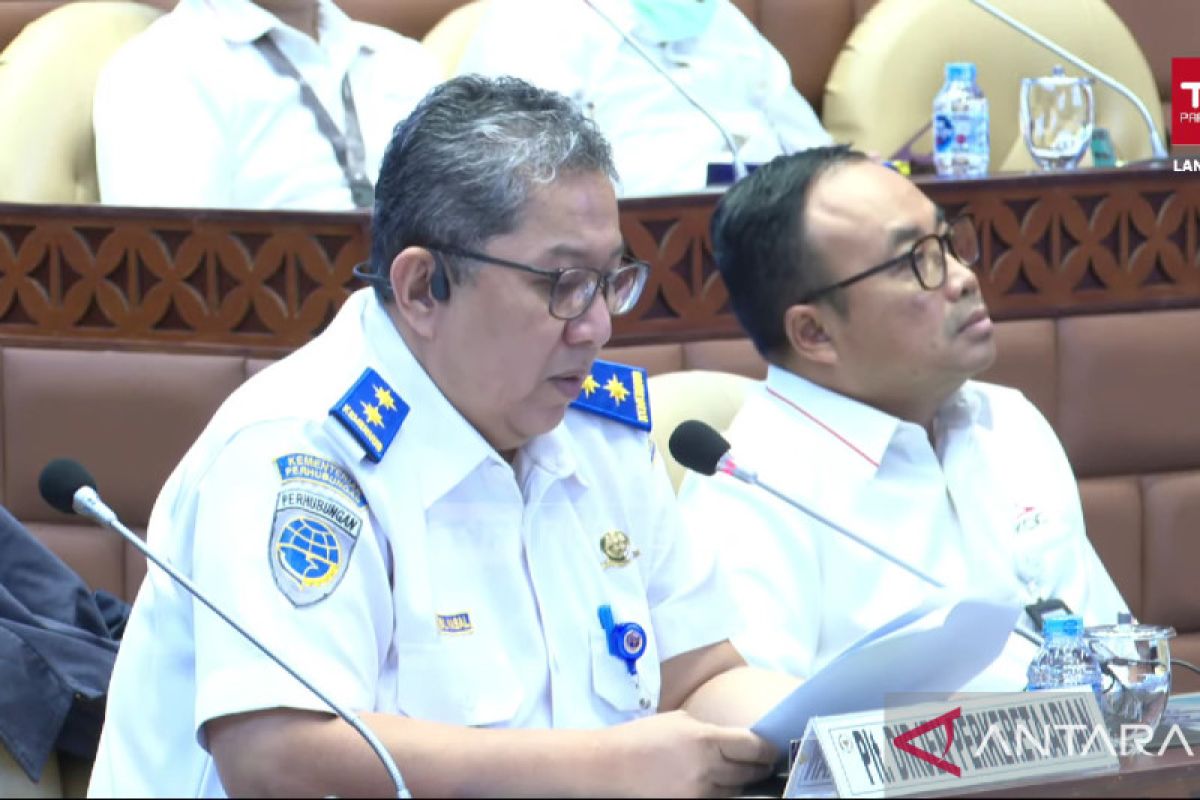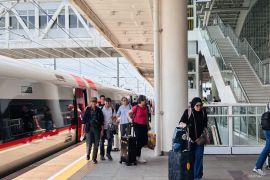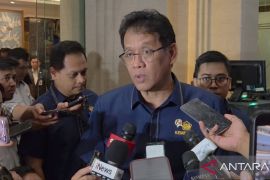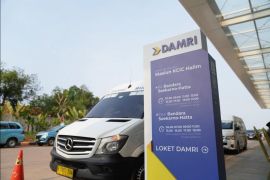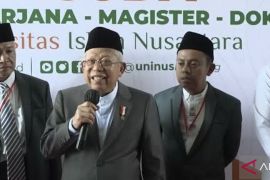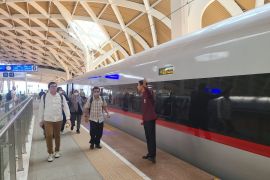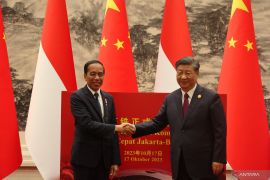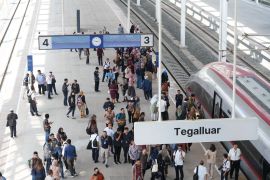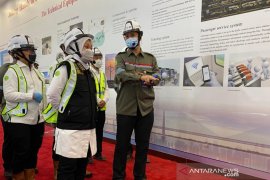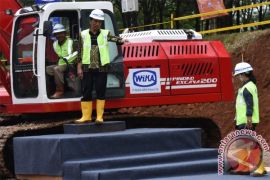"The progress in construction as of December 2022 is 91.70 percent based on the calculation of the actual investment value that has been issued by the contractor," Risal stated at a hearing with Commission V of the House of Representatives (DPR) in Jakarta on Thursday.
Wasal said the KCJB project, which is planned to be built along 142.3 kilometers (km), will have four stations -- Halim Station, Karawang Station, Padalarang Station, and Tegalluar Station -- as well as one depot in Tegalluar.
He highlighted the progress in construction of each station, with Halim Station having reached 74.19-percent completion; Karawang Station, 72.72-percent complete; Padalarang Station, 11.19 percent; Tegalluar Station, 86.29 percent; and Tegalluar Depot, 76.67 percent.
Bridge construction work had reached 97.27-percent completion; subgrade construction, 80.41-percent complete; and tunnel construction, 99.48 percent.
Wasal noted that the Directorate General of Railways (DJKA), as a regulator, also helped prepare operations through human resource certification, testing the feasibility of facilities and infrastructure, and security assessments.
"To support operations in June 2023, it will be preceded by commissioning tests, integration, and trial operations," he stated.
PT KAI is preparing two train services that will support the KCJB connectivity: the Jabodebek LRT and the KCJB Feeder Train.
As leader of the KCJB project development consortium, PT KAI stated that passengers can directly move from the Jabodebek Halim LRT Station to the Halim KCJB Station, as the two services had been integrated at the same location.
At Padalarang Station, KAI provides a Feeder Train service whose schedule adjusts to KCJB's arrival schedule. The KCJB Feeder Train's travel time to Bandung Station is only 18 minutes.
By using this connected train service, the total time needed to travel between the city centers of Jakarta and Bandung is about an hour.
Coordinating Minister for Maritime Affairs and Investment Luhut Binsar Pandjaitan earlier made assurance that work on the Jakarta-Bandung high-speed train would be completed, and it would become operational in mid-2023.
Pandjaitan noted that the dynamic test would be conducted to coincide with the holding of the Indonesian G20 Presidency in mid-November.
"Later, on 16th (November), there will be a dynamic test. From Bali, there will be a dynamic test, and from June to July next year, we will have commissioning," he noted when met in Jakarta on Friday.
Pandjaitan said that the cost overrun had been addressed while adding that the costs burgeoned due to technical issues, in the form of soil damage.
"Our cost overrun has been completed. Actually, a lot of cost overrun is due to land damage. It is shaking. I think three tunnels have been disturbed, but I think (the work on) it is finished now," he explained.
He also expressed optimism that the schedule would be completed, and the operation of the mass transportation project will not be delayed any longer.
"Yes, we will see everything," he remarked.
Regarding the plan for the Jakarta-Bandung high-speed train that will continue to Surabaya, East Java, the minister assessed that it will support Indonesia's efficiency, as the fast train from Jakarta to Surabaya will be able to complete the journey in just four hours.
However, he did not furnish details on which investors will work on the project. China is working on the Jakarta-Bandung high-speed rail project.
"If later, the government will continue this, when it reaches Surabaya, I think it will make Indonesia more efficient. Well, we will see, if we are comfortable with this (investors of the Jakarta-Bandung high-speed train)," he noted.
Related news: Ready to optimize nation's first high-speed train service: Thohir
Related news: Widodo, Xi witness trial run of Jakarta-Bandung high-speed train
Translator: Adimas R, Azis Kurmala
Editor: Rahmad Nasution
Copyright © ANTARA 2022
